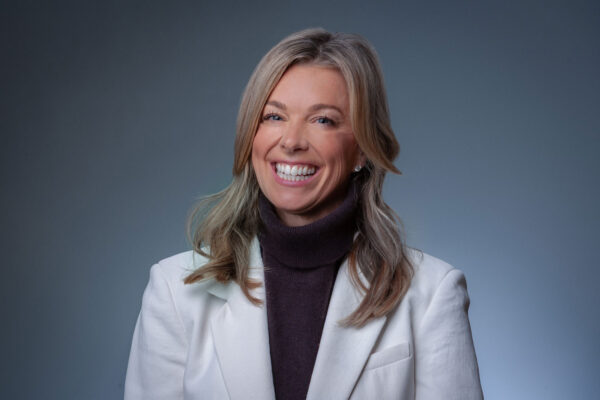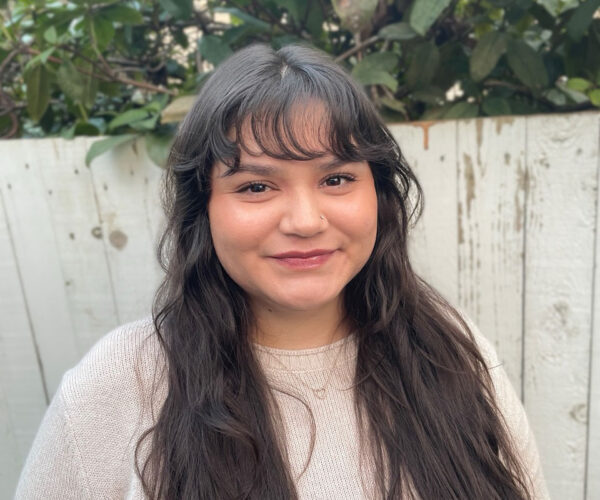The University of Washington Bothell is mostly a commuter campus, “but the activities and the things you do on campus can help change that feeling,” says Neha Chhabra, who has been recognized as one of the Husky 100.

The Biology major, who graduated after winter quarter 2019, said the change for her was Achieving Community Transformation (ACT), a student organization supported by the Office of Community Based Learning and Research.
First as a volunteer and then in a paid position, Chhabra was involved in ACT for four years. She was mentored by Shauniece Drayton, her adviser and the civic engagement coordinator at ACT. Bridging student and community partners, Chhabra helped plan activities related to civic engagement and social justice.
Growing empathy
The event that started Chhabra in ACT? An Alternative Spring Break project volunteering at a food bank in Burlington, Washington.
“I was able to see people who don’t have access to food and was able to see issues of food insecurity,” Chhabra said. “How can I go home and have a perfect meal, but these people don’t? It’s just not fair.”
Chhabra attributes much of her empathy to growing up in a home where her paternal grandparents lived, seeing the cultural heritage they brought from India.
“My grandparents taught me to be humble and be aware of my space and my surroundings and to not take anything for granted,” she said.
Taking her grandmother to medical appointments and learning about Medicare and Medicaid also influenced Chhabra in her decision to go into community health and work as a dentist. The decision was reaffirmed in 2016 when she participated in the Summer Medical and Dental Education Program, now the Summer Health Professions Education Program, on the UW’s Seattle campus.
Community care
“I learned that so many dentists don’t take patients who don’t have health insurance, which is appalling to me,” Chhabra said. “I hate that community health centers get backed up with all these people who have oral health issues and don’t have access to a dentist. Then they have to get root canals, or they have huge problems that are so detrimental to the rest of their health.”
The goal of the summer program is to strengthen the academic proficiency and career development of students underrepresented in the health professions.
“It’s a great opportunity for students who are exploring the public health field and just seeing if they want to be a dentist, a doctor, an optometrist, anything,” said Chhabra, who also worked several months as a dental assistant. “I know what I’m getting myself into.”
Chhabra also took park in a public health related study abroad program in the fall of 2017 in London, comparing health systems in the United States and United Kingdom. With applications in the works, Chhabra hoped to begin dental school in the summer of 2020.
Chhabra has come a long way at UW Bothell, and it’s not just the commute.


